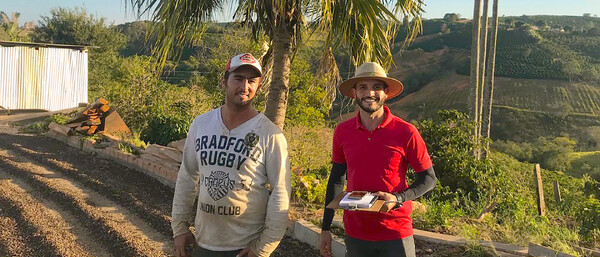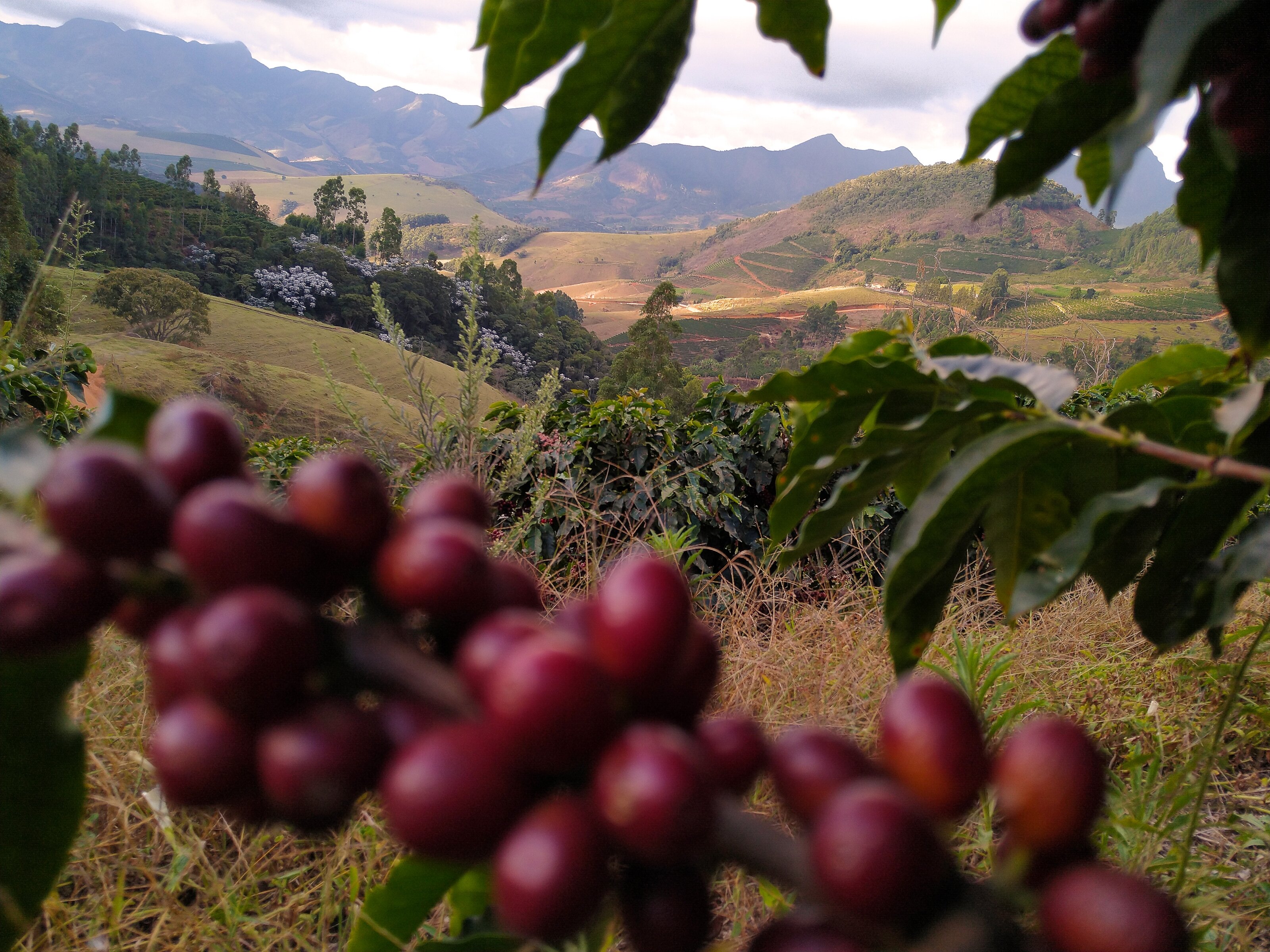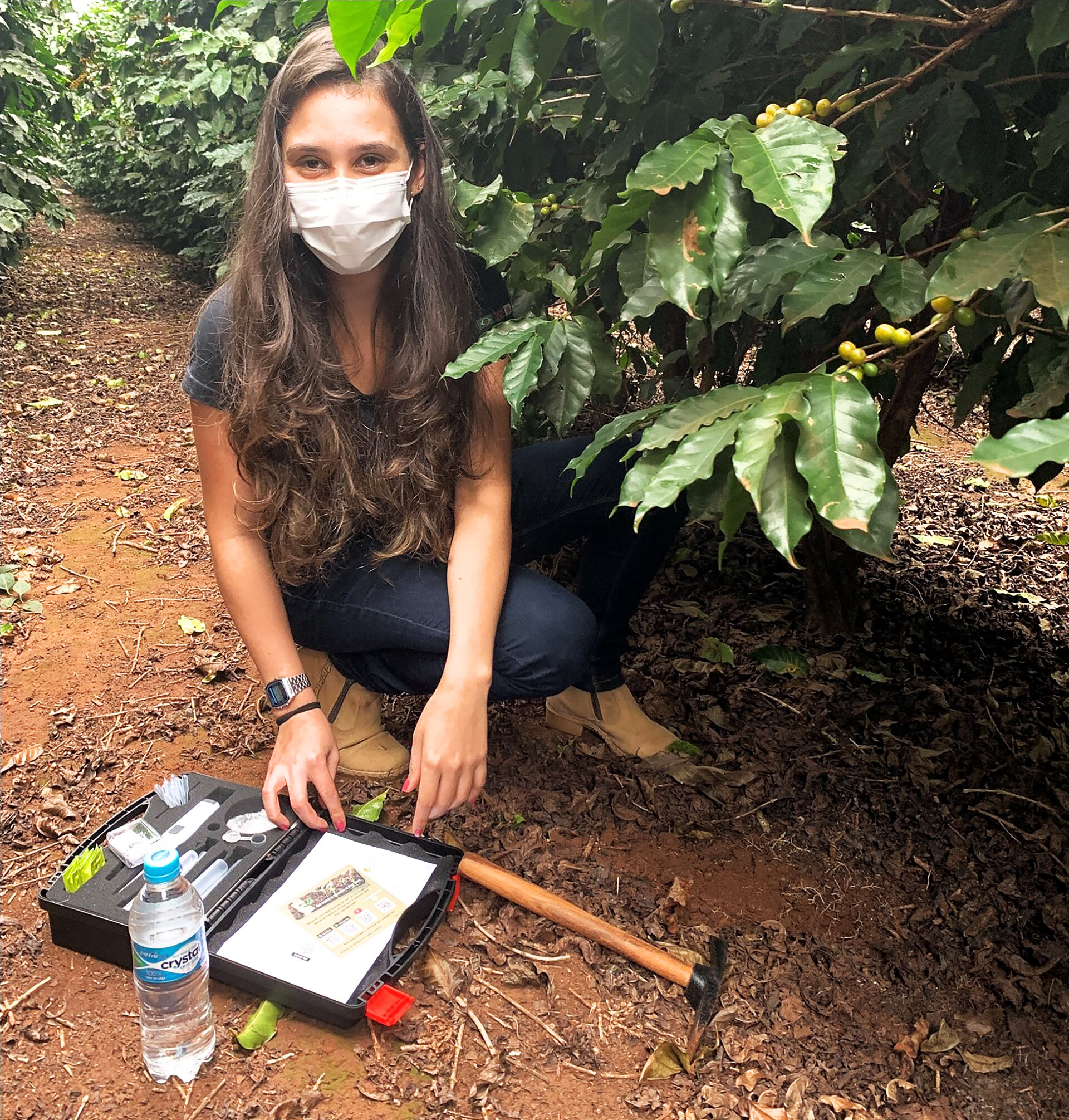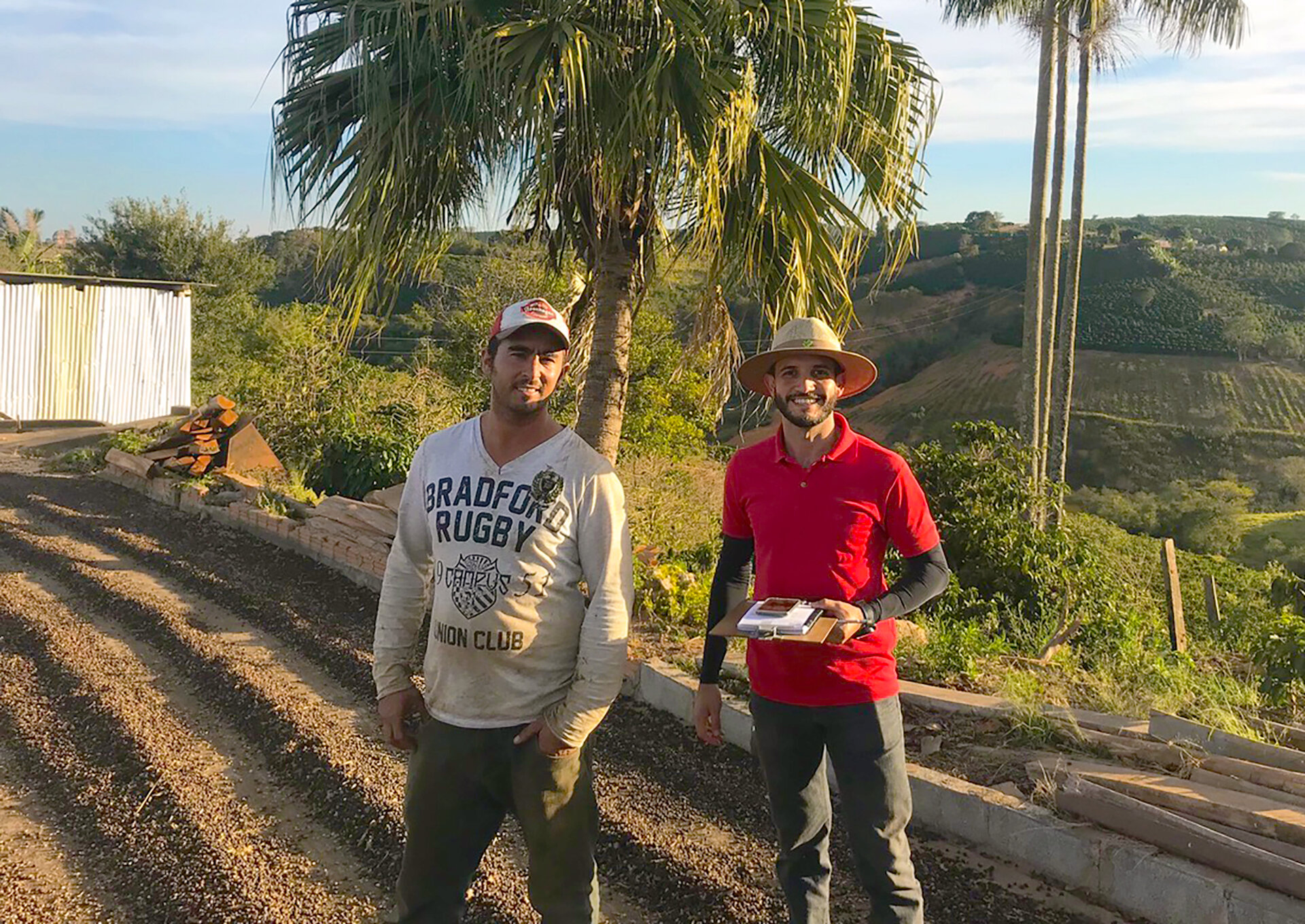
The Tchibo coffee country programme (5)
Our corporate principle at Tchibo is: We know where our coffee comes from and under what conditions it was grown. In order to make a difference in the respective growing regions, we align our activities as far as possible with the needs of the coffee farmers. Given the many regional, cultural and thematic differences, this is a major challenge.
In order to develop measures with the greatest possible impact, we need individualised and reliable information for each region. This is the only way we can critically scrutinise the economic, social and environmental conditions in our supply chains and better understand the different challenges in the growing regions. The independent, non-profit organisation Enveritas helps us to do this. The aim of Enveritas is to bring more transparency to the coffee sector in order to help small farmers in particular to participate in a globally sustainable coffee industry.
„Our goal is to end poverty in the coffee sector. To this end, we have developed a responsible sourcing system based on generally recognised standards recommended by organisations such as the International Labour Organisation and the United Nations. This system utilises the latest technology and is free of charge for farmers.“

In addition, Enveritas carries out a comprehensive and transparent assessment of the conditions under which the coffee is produced. The focus here is on the traceability of Tchibo's coffee supply chain. Enveritas ensures that the farmers take the appropriate measures to guarantee traceability and appropriate production conditions.
Analyses enable more effective activities
This is exactly the data we need at Tchibo. It gives us an unfiltered insight into the current situation of the various coffee origins. Independent surveys enable us to plan the right measures for the respective regions and ultimately to effectively manage and evaluate the programmes that have been introduced.
„The differences between the countries in which data collection has already been carried out in cooperation with Enveritas and those in which it is still pending are significant. Enveritas helps us to remain independent and to ask critical questions in a neutral way. At the same time, the data collected often enables us to formulate the right questions in the first place. As the saying goes: You can't manage what you can't measure.”
With the knowledge we gain, we can target our efforts in the respective regions much more precisely: In Brazil, for example, we are focussing on making coffee production more environmentally friendly. Our measures promote biodiversity, support adaptation to climate change and protect water. In Vietnam, the study shows that, in addition to environmental protection measures, we need to prioritise poverty reduction. Because without financial leeway, farmers also lack the opportunity to utilise more environmentally friendly cultivation methods.

Everyone benefits from sustainable coffee cultivation
„The collaboration shows us transparently and honestly the opportunities and adjustments that we can make individually in each country from which we source coffee. Not only do we ask questions, but Enveritas also scrutinises our measures to ensure that we are and remain on the right track. This is how we can make the biggest impact locally.“
At Tchibo, we benefit from working with Enveritas. It enables us to make better decisions, utilise our resources more efficiently and drive more positive change while complying with legal requirements such as the Supply Chain Due Diligence Act. The data collection helps us to implement individual measures in different countries in order to find the greatest leverage for positive change. Together with Enveritas, we are working to support sustainable transformation in our own projects. Together, we can bring about global change. Because when more coffee is grown sustainably, everyone benefits: the smallholder families, the environment, our company and, of course, our customers.
